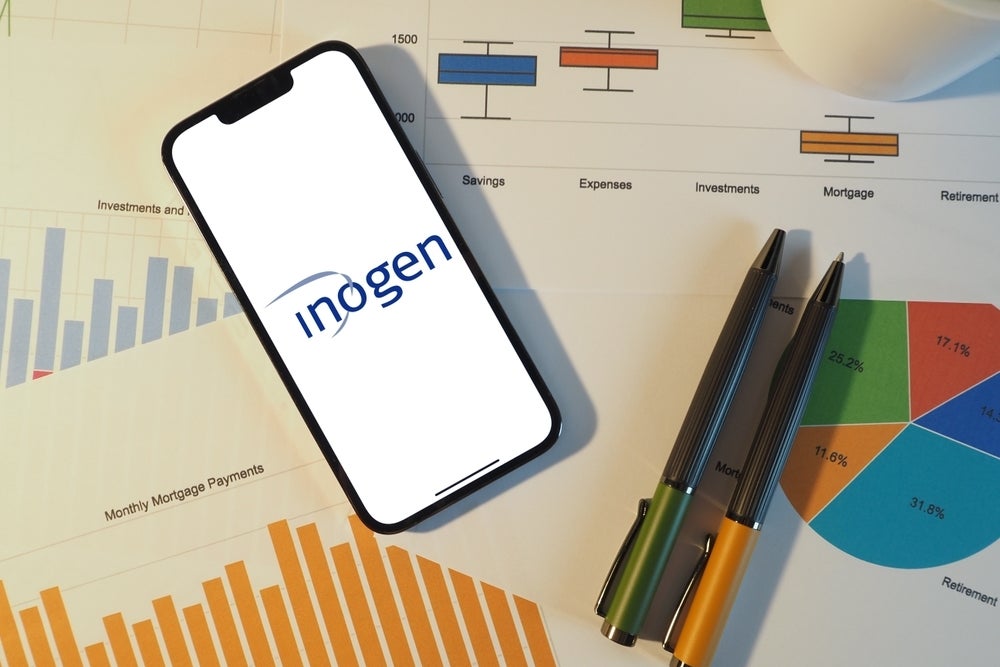Inogen’s Transformation: Analyst Predicts Robust Growth and EBITDA Milestone
Inogen, a leading medical technology company specializing in portable oxygen concentrators, is on the brink of a financial breakthrough, according to industry analysts. The company is projected to achieve a significant EBITDA milestone by late 2024 or early 2025, signaling a potential turnaround after years of restructuring. This shift stems from strategic cost-cutting measures, product innovation, and expanding market demand for home healthcare solutions. Experts suggest the milestone could position Inogen for long-term growth in the $5.8 billion global oxygen concentrator market.
Strategic Restructuring Bears Fruit
After facing headwinds in 2022-2023, Inogen implemented a multi-phase transformation plan that’s now showing tangible results. The company reduced operating expenses by 18% year-over-year in Q1 2024 while simultaneously increasing R&D investment in next-generation products. “Inogen’s disciplined approach to cost management while maintaining innovation pipelines is textbook transformation execution,” noted healthcare analyst Miranda Cheng of Bernstein Research. “Their EBITDA trajectory suggests they’ll cross the $25 million threshold sooner than expected.”
Key elements of Inogen’s turnaround strategy include:
- Streamlining manufacturing processes, reducing production costs by 22%
- Expanding direct-to-consumer sales channels, now accounting for 34% of revenue
- Launching the Inogen One G5, their lightest portable concentrator yet (2.8 lbs)
Market Tailwinds Boost Growth Prospects
The global portable oxygen concentrator market, valued at $2.1 billion in 2023, is projected to grow at a 7.9% CAGR through 2030 according to Grand View Research. Inogen stands to benefit from several converging trends:
Demographic shifts play a crucial role. With 10,000 Americans turning 65 daily and chronic respiratory diseases rising, the patient pool for oxygen therapy expands continuously. Meanwhile, Medicare reimbursement rates stabilized in 2024 after two years of uncertainty, providing revenue predictability.
“What sets Inogen apart is their dual focus on clinical efficacy and lifestyle design,” observed Dr. Ethan Powell, pulmonologist at Johns Hopkins. “Their devices aren’t just medically effective—they’re the only ones many active seniors will actually use consistently because they don’t feel like medical equipment.”
Financial Metrics Signal Turning Point
Inogen’s Q2 2024 earnings report revealed several positive indicators:
- Gross margins improved to 46.7%, up 320 basis points year-over-year
- International sales grew 28% (constant currency), now 19% of total revenue
- Cash reserves increased to $132 million with no outstanding debt
The company’s revised guidance suggests adjusted EBITDA between $22-$26 million for full-year 2024, compared to just $3.2 million in 2023. This dramatic improvement stems partly from their shift toward higher-margin direct sales and reduced reliance on third-party providers.
Challenges and Competitive Landscape
Despite the optimistic outlook, Inogen faces significant hurdles. Competitors like Philips Respironics and ResMed have launched competing portable units, while some providers criticize Inogen’s premium pricing strategy. The average Inogen system costs $2,295 compared to $1,750 for comparable units—a 31% premium.
Supply chain vulnerabilities also persist. While improved from pandemic-era levels, component lead times remain 18% longer than 2019 averages. “Inogen’s growth thesis assumes continued component availability and stable shipping costs,” cautioned supply chain expert Raj Patel. “Any disruption could erase their margin gains.”
The Road Ahead: Innovation and Expansion
Inogen’s pipeline includes several promising developments that could drive future growth:
- A next-generation stationary concentrator for home use (expected 2025 launch)
- Expanded clinical indications for COPD patients with exertional hypoxemia
- Potential partnerships with telehealth platforms for remote monitoring
Analysts will closely watch the company’s ability to convert its technological edge into sustainable profitability. “The EBITDA milestone matters, but what comes next matters more,” emphasized Cheng. “Can they scale innovation while maintaining discipline? That’s the billion-dollar question.”
For investors and industry observers, Inogen’s transformation offers a case study in healthcare sector turnarounds. As the company approaches its financial inflection point, its next moves could determine whether it remains a niche player or evolves into a category leader. Those tracking the medical technology sector would be wise to monitor Inogen’s Q3 earnings release on November 7 for confirmation of these growth trends.
See more Business Focus Insider Team

